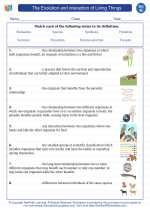Helminths
Helminths are a group of parasitic worms that can infect humans and animals. They are classified into three main groups: nematodes (roundworms), cestodes (tapeworms), and trematodes (flukes). These worms can cause a range of diseases and health problems in their hosts.
Types of Helminths
- Nematodes (Roundworms): These are elongated, cylindrical worms that can infect the intestines, lymphatic system, and other organs. Common examples include Ascaris, hookworms, and pinworms.
- Cestodes (Tapeworms): These worms have a ribbon-like appearance and can live in the intestines. Humans can get tapeworm infections by consuming contaminated food or water. The pork tapeworm and the beef tapeworm are examples of cestodes.
- Trematodes (Flukes): Flukes are leaf-shaped worms that can infect the liver, lungs, and intestines. Schistosomiasis is a well-known disease caused by trematode infections.
Transmission and Infection
Helminths are typically transmitted through contaminated soil, water, or food, or through contact with infected animals. Infection can occur when helminth eggs or larvae are ingested or come into contact with the skin. Once inside the body, the worms can mature and cause various symptoms and complications.
Health Effects
Helminth infections can lead to a wide range of health issues, including abdominal pain, diarrhea, malnutrition, anemia, and impaired cognitive development in children. In some cases, severe infections can cause organ damage and even death.
Prevention and Control
Preventing helminth infections involves measures such as practicing good hygiene, avoiding consumption of contaminated food and water, and deworming programs in endemic areas. Treatment for helminth infections typically involves the use of anthelmintic medications to kill the worms.
Study Guide
.◂Science Worksheets and Study Guides Eighth Grade. The Evolution and interaction of Living Things

 Worksheet/Answer key
Worksheet/Answer key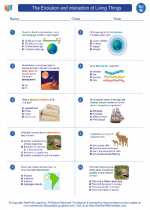
 Worksheet/Answer key
Worksheet/Answer key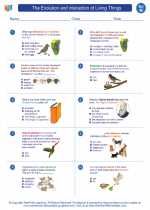
 Worksheet/Answer key
Worksheet/Answer key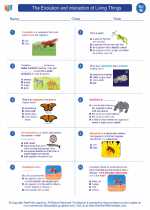
 Vocabulary/Answer key
Vocabulary/Answer key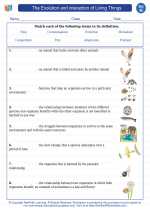
 Vocabulary/Answer key
Vocabulary/Answer key